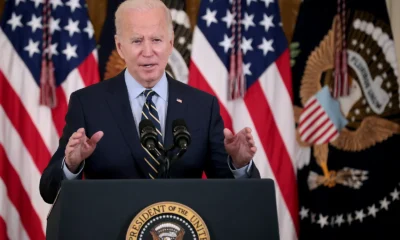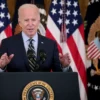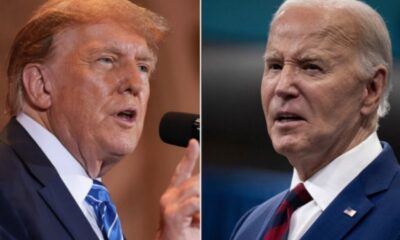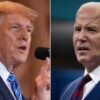The United States says China continues to be the top source of counterfeit goods in the world.
It’s no longer news that America and China are in a long-running dispute over trade and technology.
The list was released on Thursday by the Office of the United States Trade Representative (USTR), for the first time, Chinese technology giants AliExpress and WeChat e-commerce sites were added to the US “Notorious Markets List” of businesses it believes are involved with trading counterfeit goods.
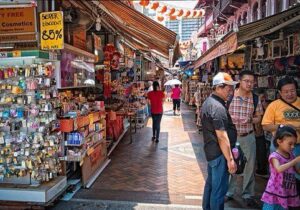
The list identifies 42 online sites and 35 physical stores, including e-commerce platforms, run by the firms.
The US trade agency says they “engage in or facilitate substantial trademark counterfeiting or copyright privacy”.
“The global trade in counterfeit and pirated goods undermines critical US innovation and creativity and harms American workers,” US Trade Representative; Katherine Tai said in a statement.
AliExpress is owned by Alibaba and WeChat is operated by Tencent.
It called the sites “two significant China-based online markets that reportedly facilitate substantial trademark counterfeiting”.
China-based online markets Baidu Wangpan, DHGate, Pinduoduo, and Taobao continue to be listed, it added, “as well as nine physical markets located within China that are known for the manufacture, distribution, and sale of counterfeit goods”.
Tencent said it had “invested significant resources” into protecting intellectual property rights on its platforms.
“We strongly disagree with the decision made by the United States Trade Representative and are committed to working collaboratively to resolve this matter,” a spokesperson told the BBC.
The USTR first started identifying “notorious markets” in 2006.
Its list is aimed at protecting American businesses and workers from the effects of cheap counterfeit goods, that are usually manufactured outside the US.
Washington and Beijing remain locked in disputes over tariffs, technology, and intellectual property.
Tensions between the world’s two biggest economies surfaced once again this week.
In an annual review released on Wednesday, the USTR said China had repeatedly failed to live up to its trade commitments despite being a member of the World Trade Organization.
It also accused China of causing “serious harm” to workers and firms around the world with its trade policies.
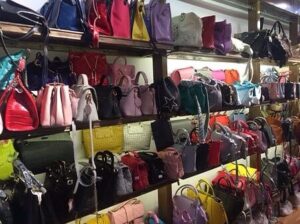
Also on the list are other physical markets around the world with long-standing reputations as hubs for fake goods. These include the Central Market in Cambodia’s capital, Phnom Penh; Anfu Market in China’s Fujian province, which specializes in counterfeit shoes; Beijing’s Silk Market; Palika Bazaar and Tank Road in New Delhi, India; the 80-square-block Tepito in Mexico City; and Moscow’s Dubrovka Market, with an estimated 700 vendors.
The problem is not limited to the developing world. Toronto’s Pacific Mall, regarded as the largest indoor Asian shopping mall in North America, is back on the annual list after cleaning up its act several years ago, according to officials.
The USTR said the mall’s management made efforts, along with law enforcement raids on sellers of alleged counterfeit goods, but since 2018, sales of bogus items have surged “with Pacific Mall management not taking the necessary measures against sellers and law enforcement not prioritizing actions against counterfeit trade.
Counterfeit luxury goods, apparel, and electronics are reportedly on display or hidden under tables or in back rooms but available upon request.”
Some shops trafficking in fake items have been transitioning from physical stores to e-commerce platforms “and using the physical storefronts to facilitate the fulfillment of online sales,” said the USTR report. “Online sellers of counterfeit goods have also increased efforts to evade the anti-counterfeiting processes and systems established by governments and e-commerce platforms by, for example, using social media advertisements and influencers, hidden links and drop shipping schemes.”
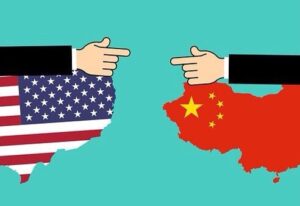
Among the most problematic websites: the Baidu Wangpan cloud storage service in China, for sharing pirated movies and television programs; Bukalapak, one of the largest e-commerce markets in Indonesia; e-commerce website and mobile app IndiaMART; Chinese social commerce app Pinduoduo; and the mobile app known as the Netflix of piracy, Popcorn Time.
One of the most vocal in promoting piracy remains the legacy site ThePirateBay.












